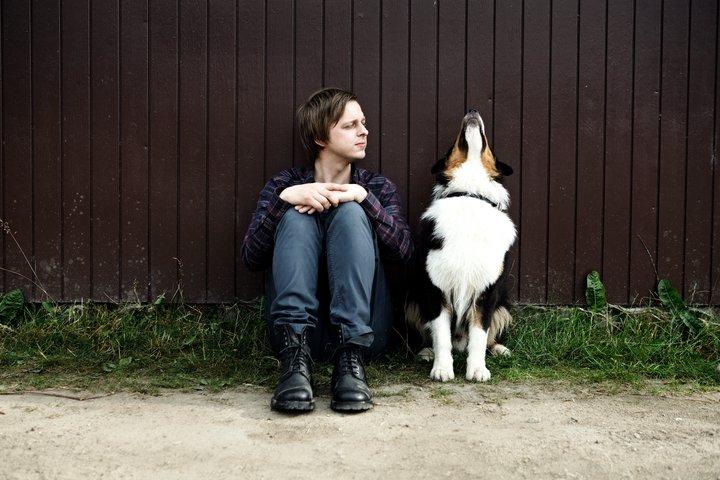Faroe Islands’ Teitur Lets the Dog Drive Home
Teitur’s new CD is “Let the Dog Drive Home” (Photo: Martin Dam Kristensen)
Located in the north Atlantic, roughly equidistant between Iceland, Scotland and Norway, the Faroe Islands have fewer than 50,000 inhabitants.
One of those inhabitants is musician Teitur Lassen, whose stage name is simply Teitur.
Teitur’s newest CD is called “Let the Dog Drive Home” — a collection of songs that he says is about just letting go.
“It’s kind of a quirky title I know,” he says, “but it just seemed to encapsulate what I wanted to say with this record, to make a collection of songs about letting things happen.”
Teitur’s laid-back sensibility may stem in part from the Faroese sense of time. He says that in a place where the sun never sets all summer, it’s easy to forget what time it is.
“I think that’s what the Faroe Islands really possess is time, you have abundance of time, and it’s such a luxury in this day and age — if you’re in big cities in the Western world or anywhere — you just seem to have so much time when you’re on the Faroes, which is a very good thing for creative people.”
That perspective on how people in “big cities” never have enough time is something Teitur knows about firsthand. He lived in Los Angeles for a while, working as a songwriter for a publisher. That experience inspired the song “You Never Leave L.A.,” which he says reflects the way that people say they hate Los Angeles, yet never seem to leave it:
“You realize there’s also deep history there of course, rooted in Hollywood, and entertainment, and there are all these people who are trying to make it. And there’s also a sadness about that. But I think it’s a very beautiful thing, so for me, I just wanted to sing about the good part about L.A., the very thing that takes people there.”
While much of his songwriting is in English, Teitur’s first language is Faroese. He says that Faroese is very different from English, calling it “an old Viking language”.
“The Faroes are an independent country in many ways,” he says, “we have our own language there and our own culture. So even though it belongs to Denmark it’s still very much an independent country, with our own government, our own systems and so on.”
As with many small language communities, says Teitur, there’s a struggle to invent new words to keep up with the modern world.
“I can remember when I was younger,” says Teitur, “there was a radio show with a guy called ‘the word guy’, and people would send requests like ‘How do I say computer?’ “
Teitur does write songs in Faroese. In recent years he released a CD entirely in his native language. One of the songs on that CD is about the Faroese capital, Torshavn. It’s called “Havnin Er Ein Litil Bygd,” which means “Torshavn is a very small town”.
The song is an ode to both the freedoms and the constraints of living in a small place. “Torshavn is a little village,” sings Teitur. “My lighthouse in the middle of the sea.”
“It’s so confining here,” goes another verse, “but also so secure. I just want to forget that anything else exists”.
The words may be Faroese, but the small town could be anywhere — in the middle of a continent, or the middle of an ocean.
